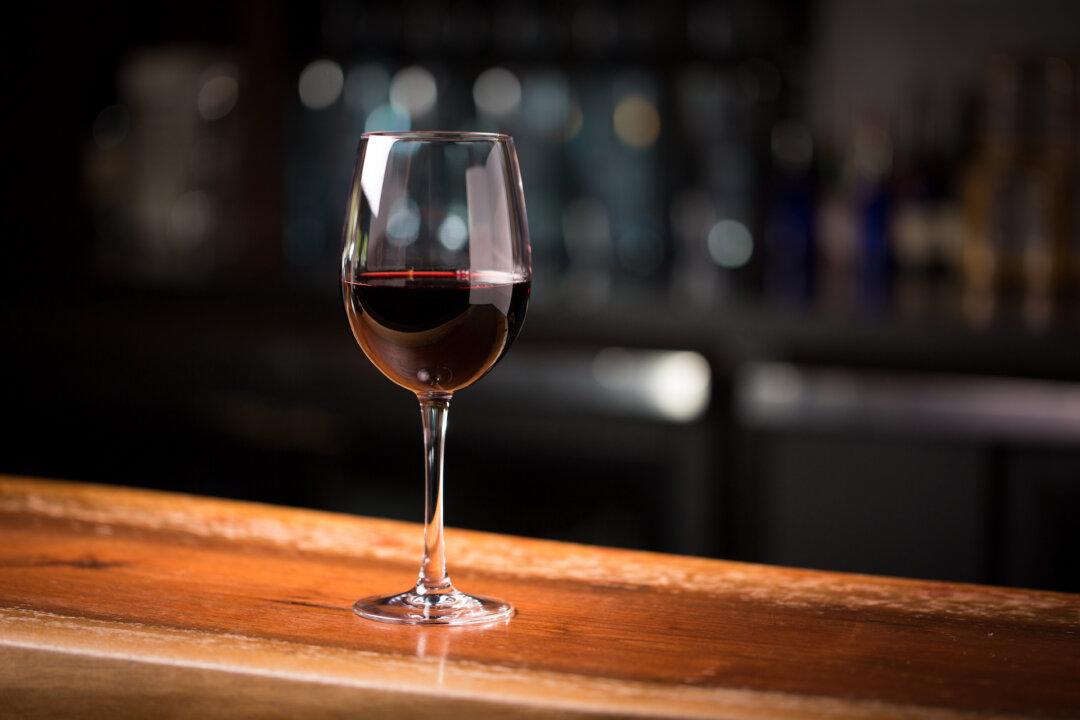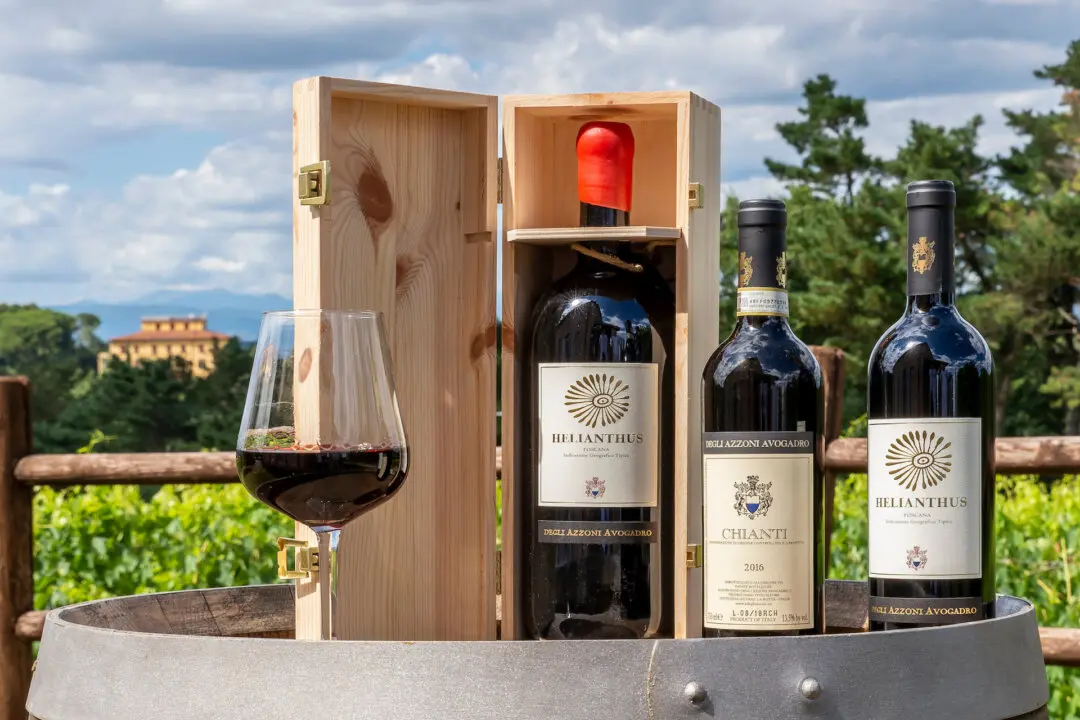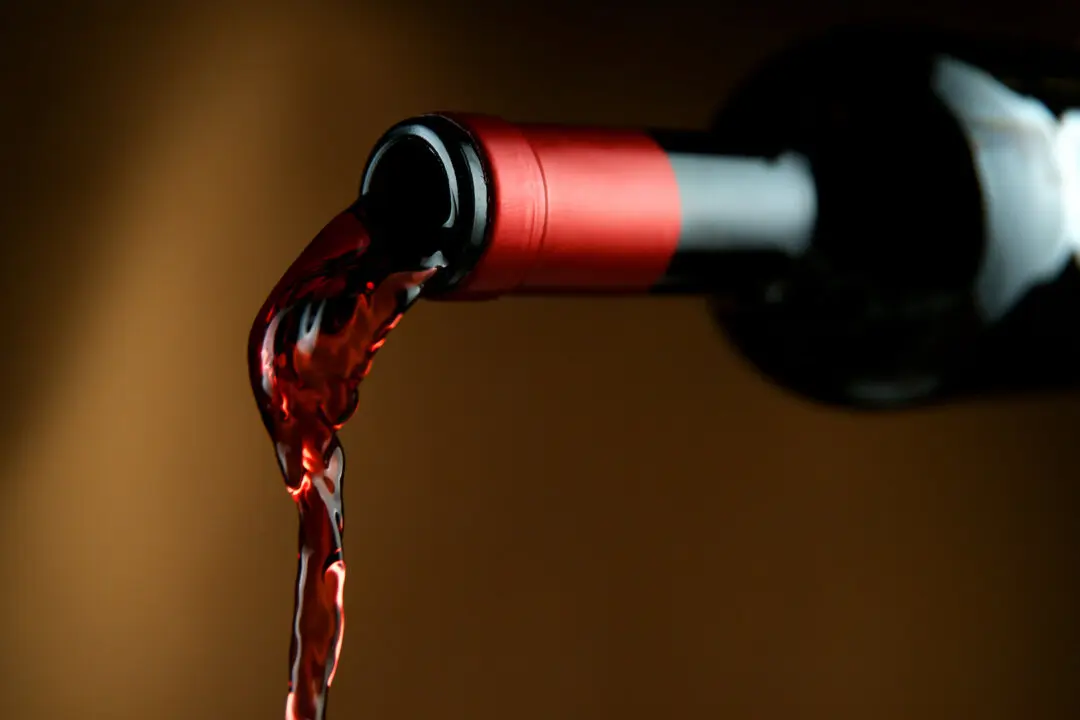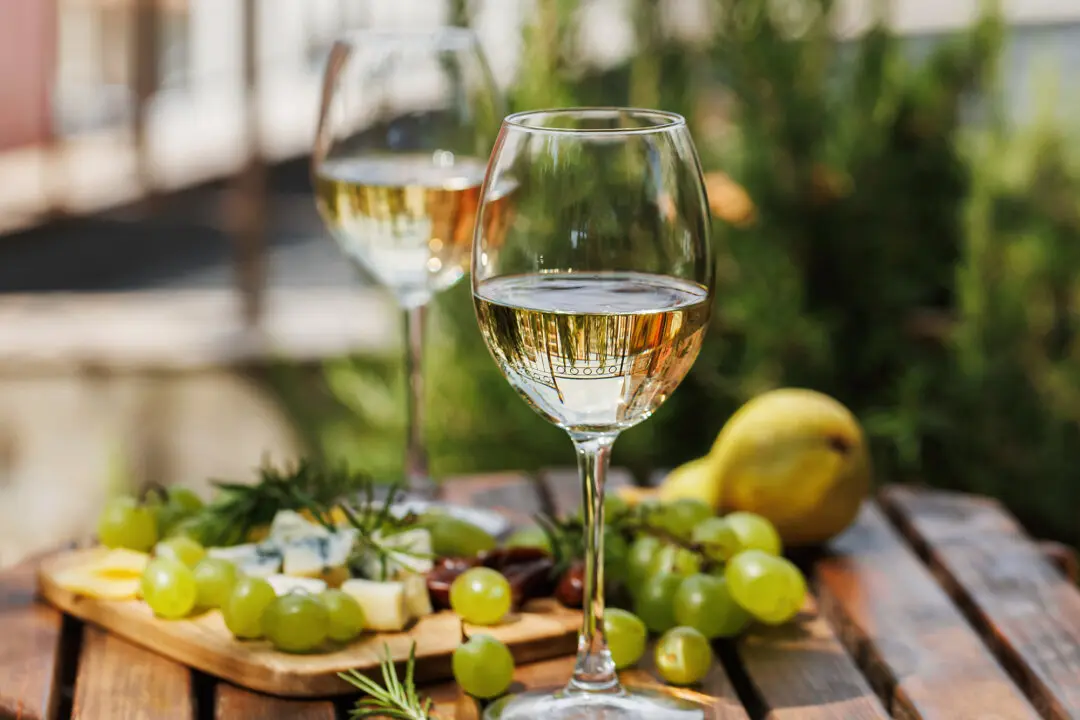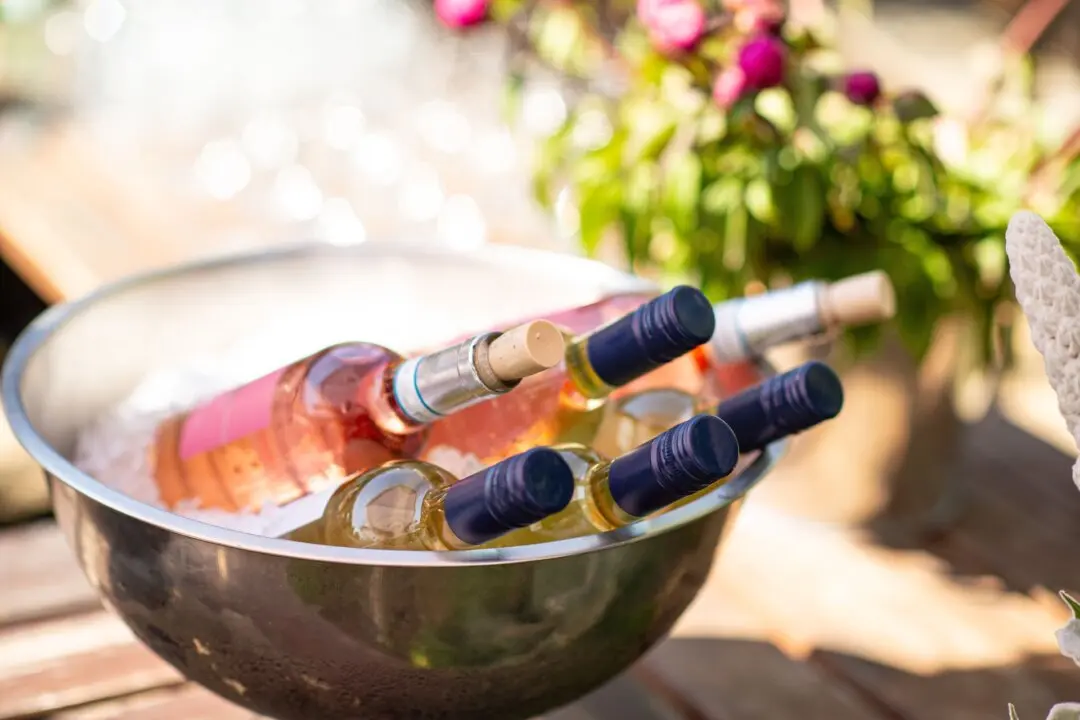Any definition you can find of the word “wine” also includes the word “alcohol.” This includes wines that have no alcohol, which are occasionally called alcohol-free.
However, the fact that we define normal wine as having alcohol kind of puts the phrase “alcohol-free wine” into a strange category, almost the way jumbo shrimp is an oxymoron.

